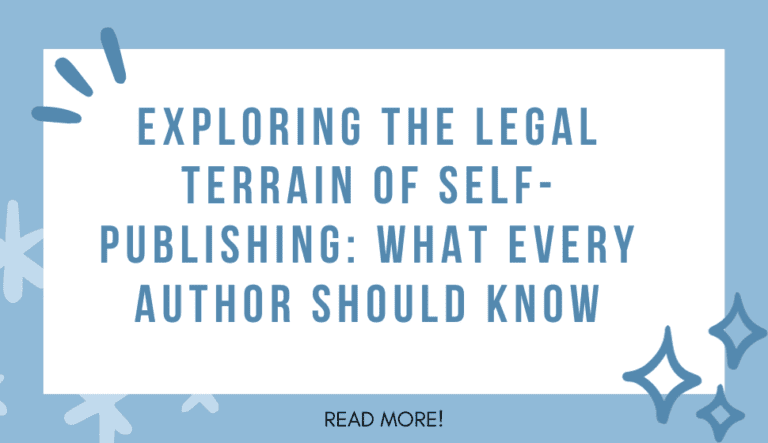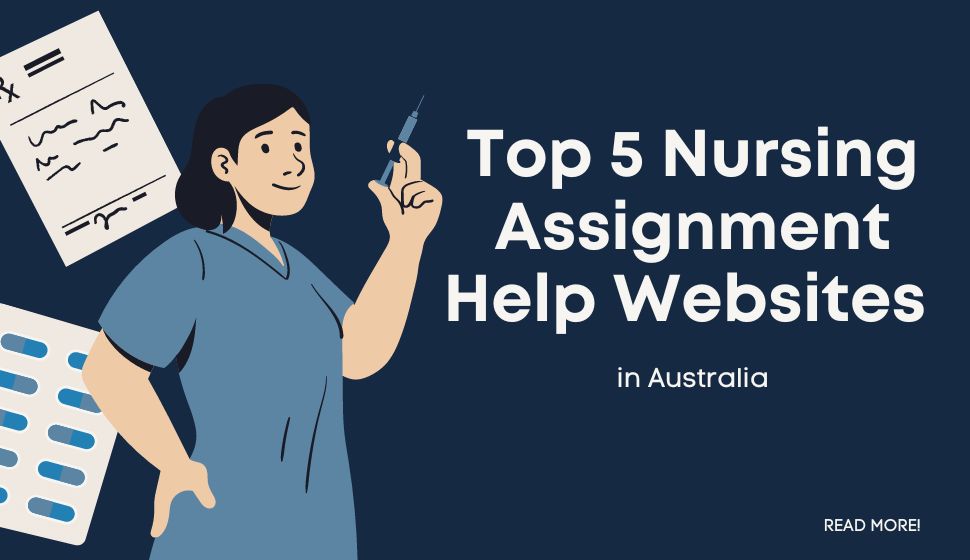Self-publishing has become a potent tool for writers and content creators to reach a global audience in the current digital era. Self-publishing has unmatched prospects thanks to the simplicity of online platforms and the freedom to avoid conventional publishing houses. Aspiring self-publishers must take into account a number of legal considerations in addition to their newfound freedom. We will discuss the legal issues that you should be aware of while starting the publishing process in this blog. Let’s explore the world of self-publishing, where language and the law collide.
Publishing Process
Let’s first comprehend the publication process before going into the legal nuances. Self-publishing is the process by which a writer or content producer releases their work on their own, without the assistance of a traditional publishing house. Writing, editing, formatting, creating a cover, and releasing the work through various online channels like Amazon Kindle Direct Publishing, Apple iBooks, or other comparable services are often included in this process. Although the self-publishing path is thrilling, it also has its share of difficulties, particularly when it comes to legal issues.

Legal Issues in the Self-Publishing Process
Copyright and Intellectual Property Rights
The protection of your intellectual property rights is one of the most important legal issues you must take into account while self-publishing. Your creations, whether they are books of fiction or non-fiction or other types of information, are yours to own. You must be aware of copyright regulations to protect it.
You have the sole right to reproduce, distribute, and exhibit your work thanks to copyright. This legal protection is essential to preventing unauthorized use of your content by third parties
- Make sure you keep the entire copyright to your work while self-publishing. You may be required to transfer certain rights under certain of the terms and conditions of the publishing platform you want to use, so read them carefully.
- For further protection and the possibility to pursue legal action against infringement, think about registering your copyright with the appropriate authorities in your nation.
Defamation and Libel
The freedom of expression that self-publishing provides entails a responsibility to refrain from libelous or defamatory statements against people or organizations. There may be legal repercussions if incorrect and damaging information about someone is published. You must make sure that your work is free of any defamatory material.
- To ensure that the material you use is accurate, conduct in-depth fact-checking and investigation.
- Consider getting their consent or utilizing pseudonyms to safeguard their identity if you intend to write about real people or things.
Privacy and Data Protection
Data protection rules must be followed if your self-published work collects or uses personal data. Failure to do so may lead to legal problems with respect to privacy violations.
- Make sure that your work conforms with data protection laws, such as the General Data Protection Regulation (GDPR) in Europe, by being familiar with them.
Plagiarism
In the publishing industry, plagiarism is a severe ethical and legal matter. It involves borrowing someone else’s concepts, ideas, or content without giving due credit or getting consent.
- Always give due credit and acknowledgment for any content that you use in your work.
- To prevent accidental plagiarism, think about employing plagiarism detection software to examine your work before publication.
Contracts and Agreements
Clear and binding contracts must be in place whether dealing with editors, illustrators, or other professionals during the self-publishing process. These agreements should specify the conditions of the collaboration, such as compensation, delivery dates, and intellectual property ownership.
- Consult with legal experts to create contracts that safeguard your interests and specify obligations.
Taxation and Financial Considerations
Self-publishing can result in income that might be taxed. In order to ensure compliance, it is crucial to understand the tax regulations in your country.
- Keep thorough records of your earnings and costs associated with self-publishing.
- Think about seeking advice from a tax expert with experience in self-employment income and royalties.
Content Regulation and Censorship
- Some nations have censorship laws and tight rules governing material. Knowing these regulations is crucial, especially if your work contains sensitive or debatable material.
- Study the local laws governing content in the areas where you intend to publish your work.
Conclusion
Keep in mind that the publishing process involves more than just writing and publishing your work as you begin your self-publishing adventure. It also requires navigating a challenging legal environment. A successful and legally compliant self-publishing experience depends on being aware of and addressing legal issues relating to copyright, defamation, privacy, plagiarism, contracts, taxation, and content regulation.
It’s crucial to be knowledgeable on the legal ramifications of the procedure in the always-changing world of self-publishing. Maintain the highest ethical standards in your writing, invest in copyright protection, and seek legal counsel as needed. You can follow your passion for self-publishing while protecting your reputation and legal rights by doing this.
Consider speaking with a legal professional if you require assistance with any legal matters pertaining to your self-publishing journey. Feel free to contact Assignment Unlocked, your go-to source for law assignment help, for further information on legal issues or for any advice on assignments relating to the law.
Are you prepared to advance your self-publishing career while maintaining legal compliance? For professional guidance on commercial law assignment and other legal matters including business law and other legal issues, contact Assignment Unlocked. Our group of knowledgeable experts is available to help you at every stage. Unlock your potential in the self-publishing industry by getting in touch with us right now for a consultation.






